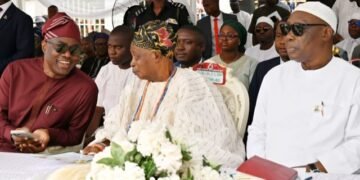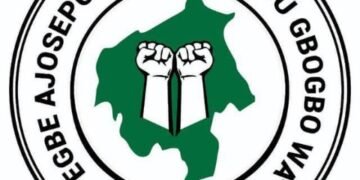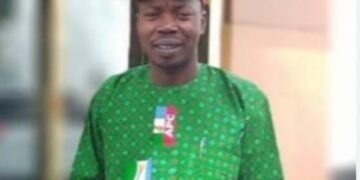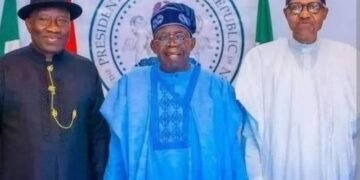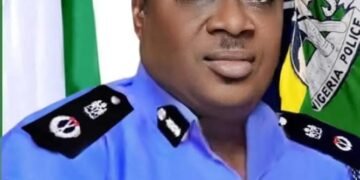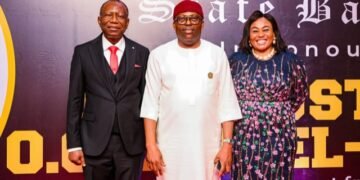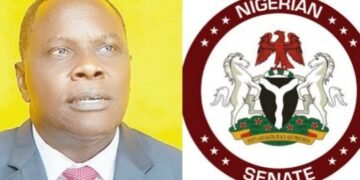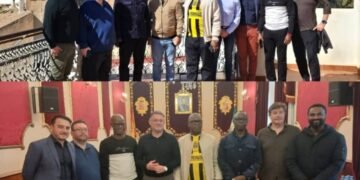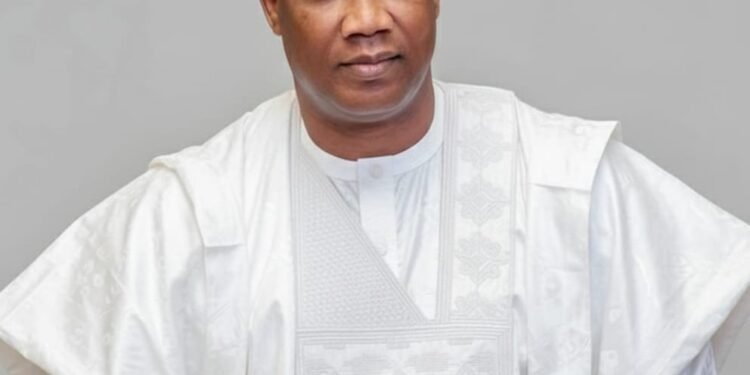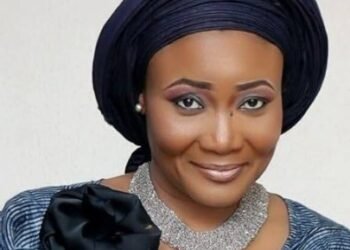For weeks, I have pushed myself through sleepless nights, digging relentlessly for answers about insurgency and terrorism in Nigeria. What I found is terrifying. A silent storm is gathering. And Nigeria — fragile, wounded, divided — now stands dangerously close to a tribal war that could swallow its very existence.
Terrorism in Nigeria is no longer just violence. It is a coded struggle for ancestral supremacy, for buried grudges seeking revenge, for ethnic survival and territorial control.
If Nigerians do not rise with fairness, firmness, and courage, the future of this country may crumble right before our eyes.
The truth is simple but deadly: Nigeria’s terrorism crisis is rooted in an armed contest among tribes.
Boko Haram’s commanders are almost entirely Kanuri — a tribe with deep historical frictions with the Fulani. When Boko Haram unleashed terror across Borno and the North-East, Fulani power brokers under the late President Buhari quietly reached a chilling conclusion: if the Kanuri have a militant wing, then the Fulani must create their own.
That decision unleashed the wildfire of banditry that consumed the North-West during Buhari’s era. And it was not random crime — it was the Fulani’s newly formed ethnic military wing.
Like it or not, every major tribe already had its own armed front:
— IPOB for the Igbo
— Egbesu for the Ijaw
— OPC for the Yoruba
The Fulani were simply the last to join the grim procession. And as long as these tribal armies stand, Nigeria will never know peace.
Yet the Fulani story is far more complicated. Scattered across the Sahel, they remain a minority in Nigeria and have endured discrimination across West Africa and even the Arab world.
For decades, Nigerian leaders deliberately reduced their presence in government, yet Fulani elites rarely complained of marginalisation. They understood a brutal truth: to survive, they needed to remain close to power.
Today, however, the Fulani feel underrepresented again — igniting new alliances, fresh suspicion, and new political calculations. Figures like Nasir el-Rufai are forging relationships across the country.
Ethnic fear and political mistrust are not new in Nigeria, but something is different now: the Fulani did not start the trend of tribal armed groups. They simply joined the line last — and at the worst possible time.
Patterns in Nigeria’s violence are too glaring to ignore…
In Borno, Yobe, and Adamawa, 99 percent of Boko Haram and ISWAP fighters are Kanuri.
In the North-West, many bandit foot soldiers are Fulani, while most informants are Hausa.
Illegal gun makers in Plateau are mostly Berom.
The founder of the Mahmudawa terrorist group in Kwara, Abubakar Abba, is Hausa from Daura.
In the South-East, terrorists and bandits are almost entirely Igbo.
In Kogi and Ondo, nearly 90 per cent of ISWAP fighters are Ebira.
In the Niger Delta, most bandits are Ijaw or Urhobo.
In the South-West, the most notorious kidnappers, ritual murderers, and body-part traffickers are Yoruba.
Armed groups terrorising Benue and Taraba are predominantly Tiv from the Sankera axis.
Most baby-factory operators are Igbo.
A large number of Nigerian drug barons arrested abroad are Igbo.
In Kaduna and Kano, phone snatchers — who often kill their victims — are mostly Hausa.
A significant percentage of cybercriminals and international fraudsters are Igbo and Yoruba.
And 80 per cent of Nigeria’s treasury looters come from the Hausa-Fulani political class.
These are not whispers or road-side gossip. They are the frightening patterns reflected in arrests, testimonies, and security intelligence across the country.
So we must ask: where exactly are we heading as Nigerians? What future awaits a country where every tribe now seems to have its own army, its own grievance, and its own survival strategy?
If you want to understand how bad things have become, consider this: just last week, a Nigerian Army general was executed by terrorists — in his own homeland.
And in Tsafe Local Government Area of Zamfara State, the situation borders on the unthinkable. Villagers say bandits now impose “harvest fees” before farmers can touch their own crops. Communities must pay between ₦5 million and ₦20 million just to access farmlands that belong to them by birth.
Even after paying, some residents say the same bandits release cattle to destroy whatever they have left. Complaining is suicide — anyone who dares to speak is killed instantly.
The people feel abandoned, betrayed, forgotten. They ask: How did we descend into this madness? Where are the leaders who swore to protect us?
What is happening in Tsafe is not just insecurity. It is a total collapse of government authority in rural Nigeria. It is the shredding of every thread that once held society together. It is the terrifying face of a nation drifting silently into tribal militarisation, where every group builds its own army and no one can trust the state.
If we continue to ignore the tribal roots of this crisis — if we continue pretending terrorism is random — if we allow every tribe to fortify its own militias, then the silent war simmering beneath Nigeria will eventually explode.
And when it explodes, it may consume the last pieces of co-existence we have left.
•Mogaji Arisekola, Publisher of The Street Journal Newspaper, writes from Ibadan.

